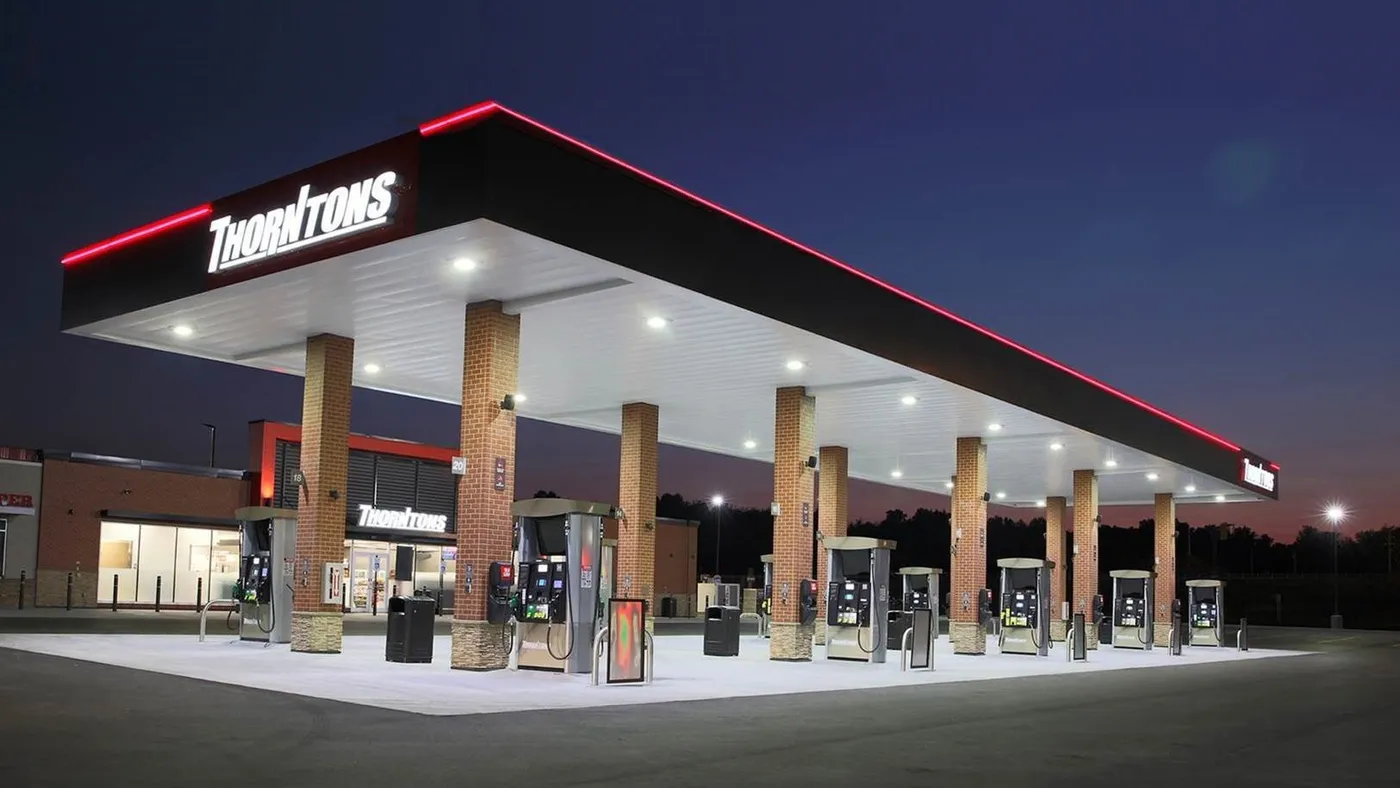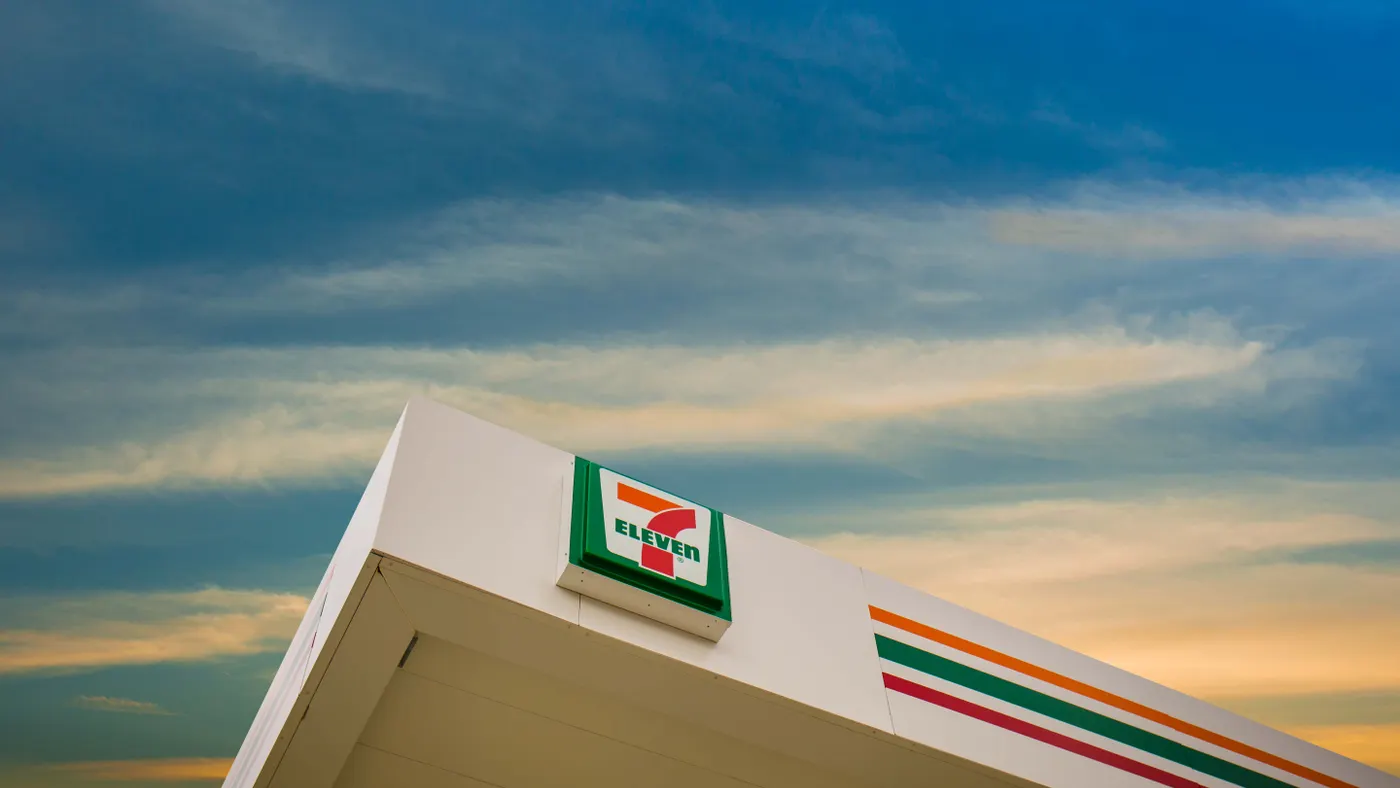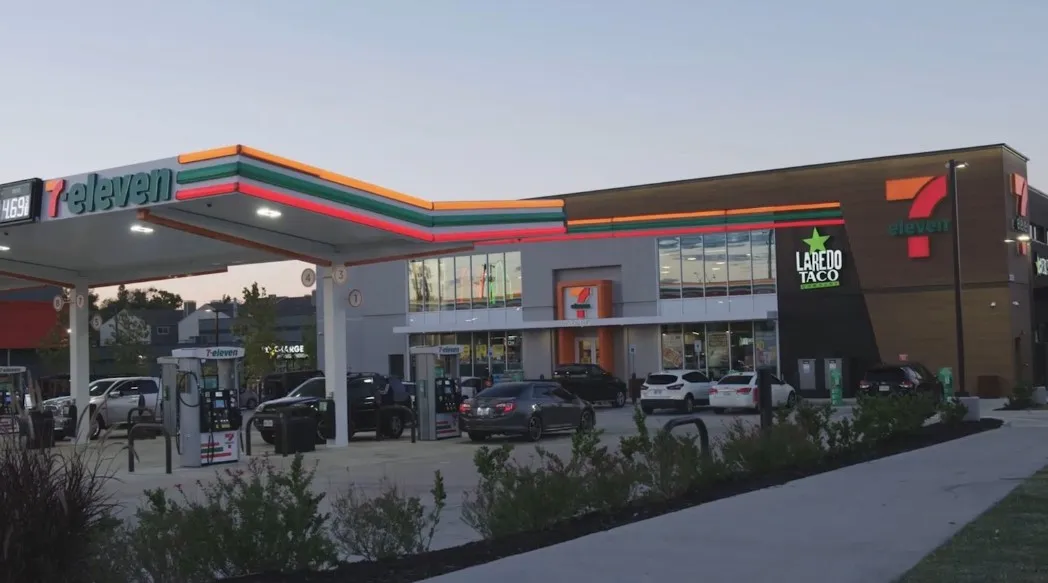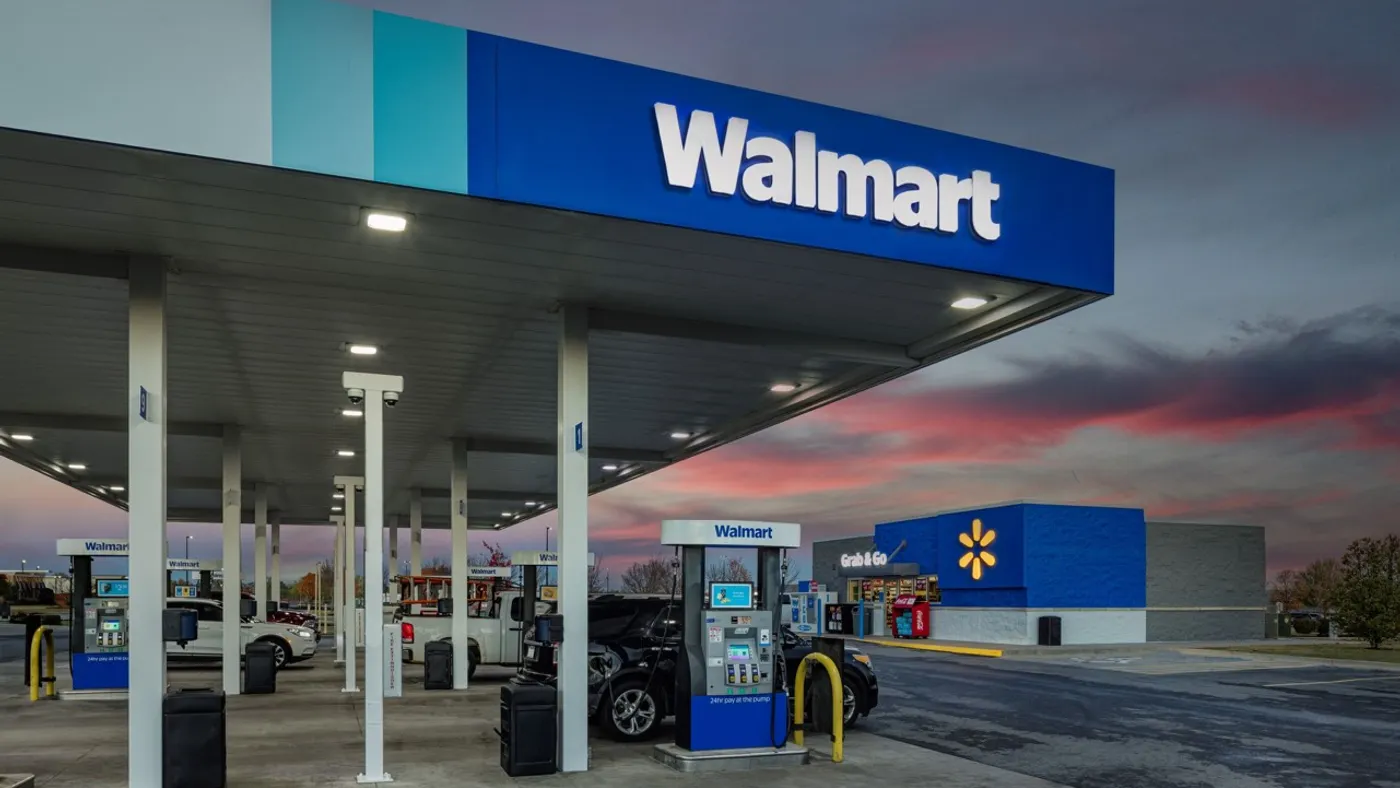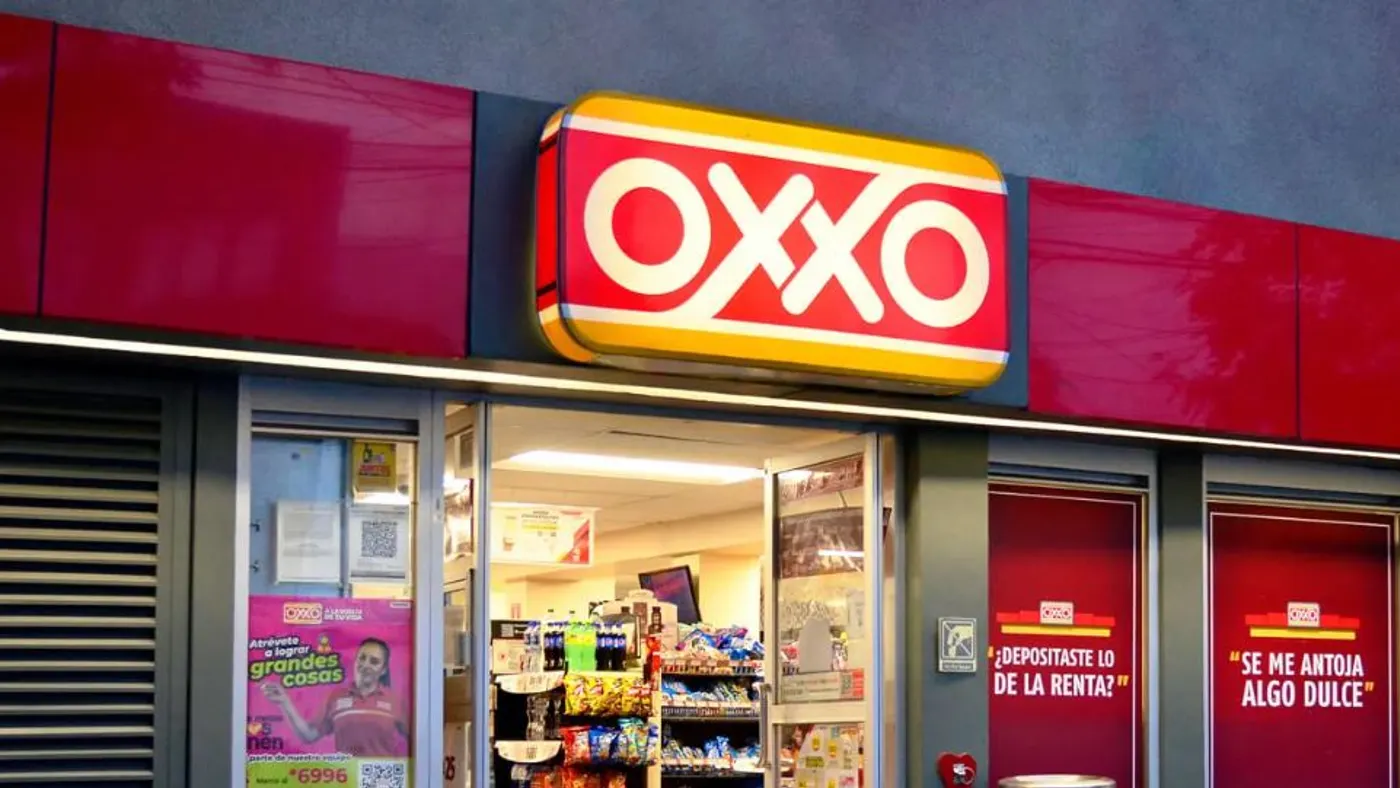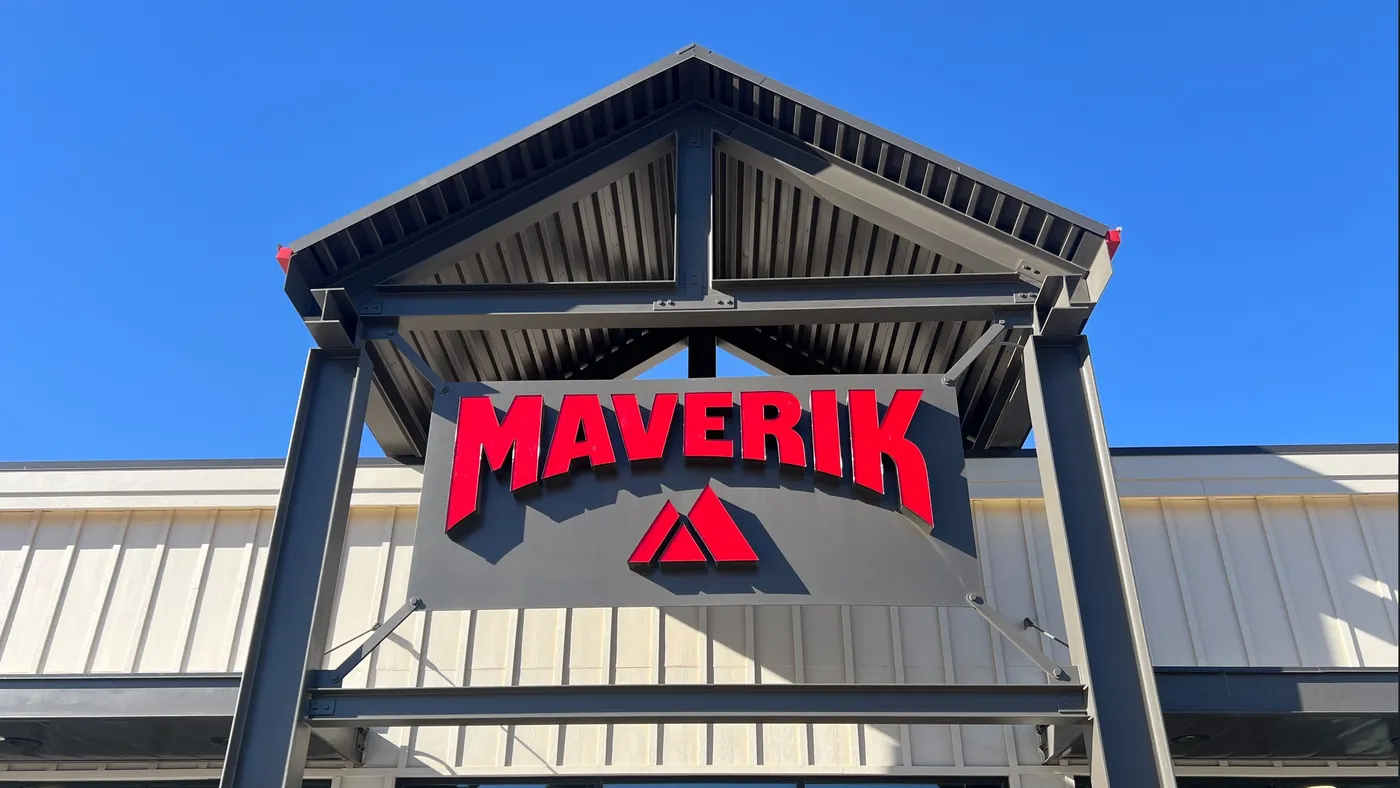
Inside Maverik’s decision to cut Kum & Go’s foodservice program
Not too long after Maverik’s shocking acquisition of Kum & Go closed in August 2023, the foodservice teams from both convenience retailers gathered at Maverik’s headquarters in Salt Lake City to eat pizza.
But this was no ordinary pizza party.
With the two companies set to combine forces and foodservice programs, Maverik and Kum & Go were taste testing the pies sold at each brand’s stores to help determine which would be the permanent addition moving forward — and which would get cut.
Maverik’s chief marketing officer, Joey Hobson, and the company's then newly appointed senior director of foodservice, Tara Housley, were notable attendees, according to two former Kum & Go employees who also attended the tasting event. Their identities, as well as those of two other former corporate Kum & Go team members quoted in this story, have been kept anonymous out of fear of retaliation.
The event was touted as a blind taste test, without clarification as to which pizza was Maverik’s and which was Kum & Go’s. After trying each, the group determined the winner, which was revealed as Kum & Go’s pizza, both sources said.
However, according to both sources, once Hobson and Housley learned that the winner was Kum & Go’s pizza, they quickly changed their minds. In the end, Maverik’s pie ended up on top.
Across all industries, including convenience retailing, it’s not uncommon for company integrations to become contentious and for cultures to clash. Divisions are often cut or scaled back, and employees are frequently let go amid efforts to consolidate the newly formed organization.
But Maverik’s integration of Kum & Go stands out due to the ambiguity surrounding its intentions for the Midwestern chain. Maverik has emphasized both internally and externally the possibility of maintaining Kum & Go’s branding and programs, yet — as the pizza tasting story highlights — it continues to stamp its own branding and operations across a chain that was roughly the same size and well-established in many of its communities.
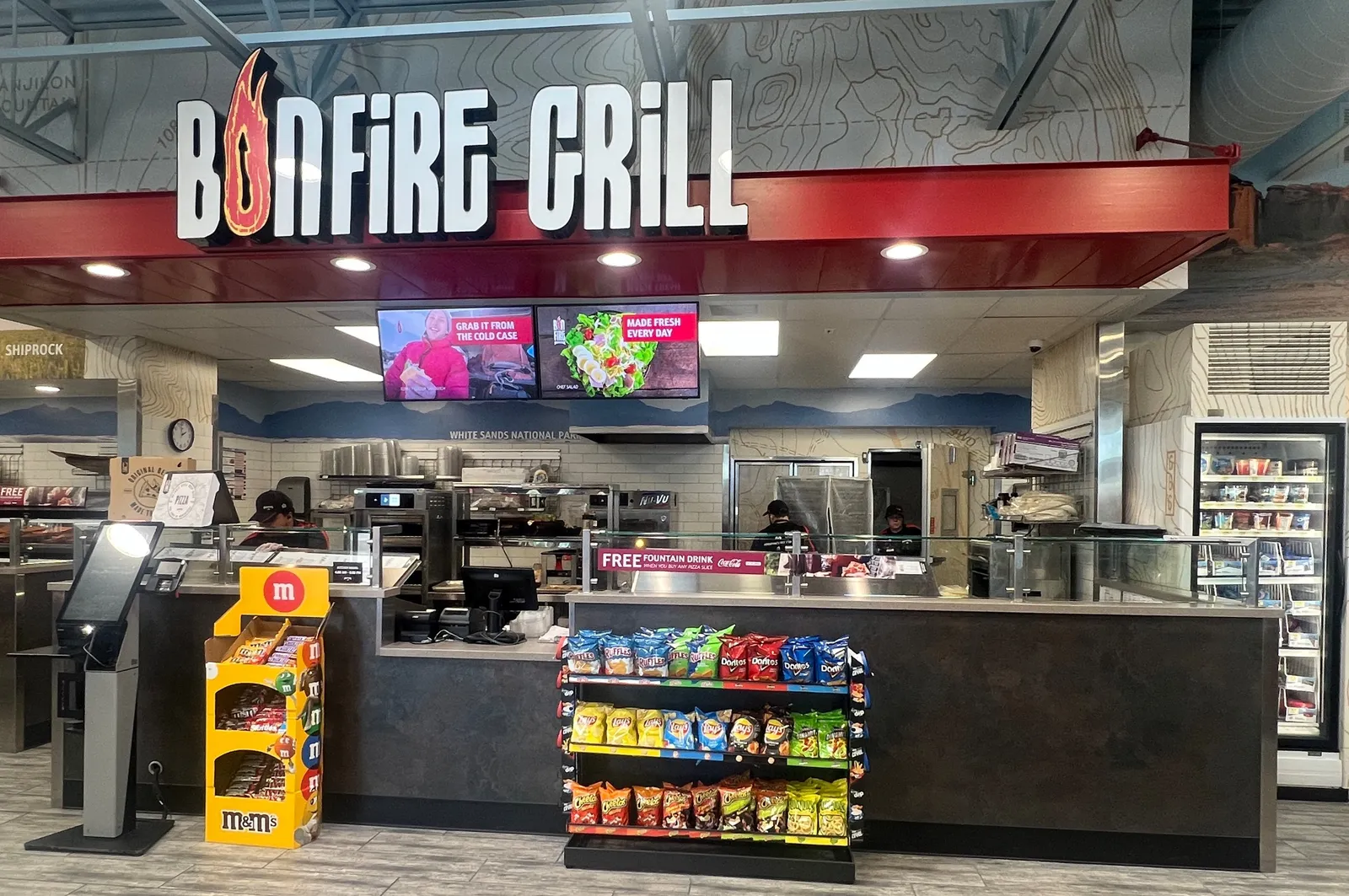
In addition to cutting Kum & Go’s made-to-order food and mobile ordering services, Maverik in late 2024 confirmed its plans to rebrand all of Kum & Go’s stores, though stressed it has not yet committed to doing so everywhere.
Replacing a c-store brand that’s more than 60 years old presents a risk for Maverik and signals the confidence the company has in its business over Kum & Go’s. But internally, Maverik had communicated the possibility that it would implement the strengths of both businesses.
According to three former corporate Kum & Go employees who had direct knowledge of the company's foodservice operations, Maverik’s leaders claimed initially that it wanted to create a unified organization with Kum & Go, even going so far as to promote a menu that would combine popular dishes from both companies.
However, all three sources said that they had the impression that Maverik’s leadership was never truly open to taking on Kum & Go’s programs, or even learning from its foodservice leaders despite their combined decades of experience. The sources added that Maverik’s leaders often made decisions about Kum & Go’s food operations without consulting Kum & Go leaders altogether.
At one point, Maverik created a task force dedicated to assessing Kum & Go’s stores from an assortment, merchandising, foodservice and marketing perspective, one source said. No one from Kum & Go was included on this transition team, the source said, adding that they were told by leadership that food sales in these stores would triple once Maverik’s name appeared on the front of the buildings.
“They were just hell bent on thinking that their name alone would create a huge increase in sales,” the source said.
It’s unclear whether the thinking among Maverik’s leadership has evolved regarding Kum & Go’s role within the company, or if they planned all along to replace its branding and key programs. Regardless, the Utah retailer’s action during the integration period have led to unhappy team members not just in the food department but across the Kum & Go organization, all three sources emphasized.
Maverik did not respond to multiple requests to be interviewed for this story.
Maverik One — until none
Kum & Go piloted its made-to-order fresh food program in 2021 at select locations in Little Rock, Arkansas, and Omaha, Nebraska. The menu mainly included protein bowls and “stacker” sandwiches for all dayparts, as well as more than 10 pizza varieties, blended smoothies, cold brew frappés and more. The goal of the program was to compete more with fast casual restaurants, the company said at the time.
Kum & Go also launched its mobile ordering platform in 2021 — a move that naturally fit with and drove awareness and accessibility to the foodservice program, said Mike Templeton, vice president of strategy for c-store consultancy NexChapter and a former Kum & Go marketing executive of eight years.
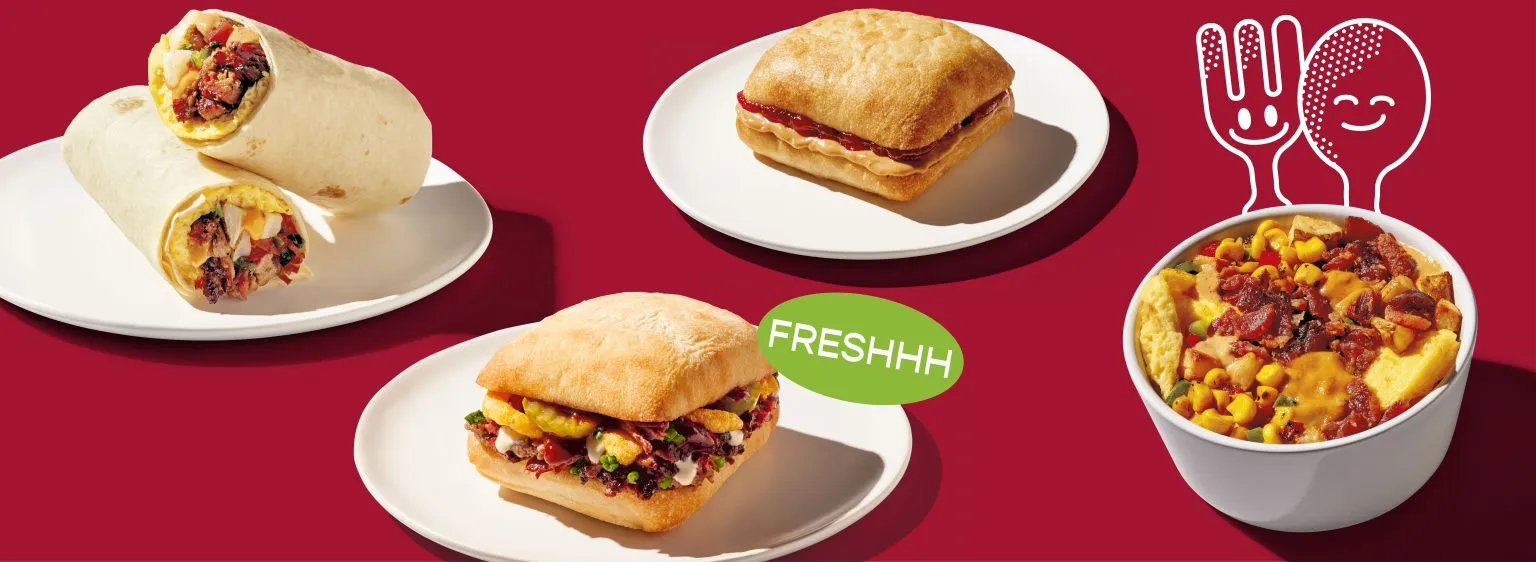
Both programs took off relatively quickly. By 2022, Kum & Go announced it planned to roll out the refreshed food program across its entire footprint over the next several years. In late 2023, Kum & Go’s mobile app won multiple awards for its food-focused and digital shopping capabilities.
Maverik’s plan upon acquiring Kum & Go wasn’t always to remove the Iowa retailer’s fresh food and mobile ordering programs. Maverik initially aspired to capitalize on these services, two former team members said.
“At first, Maverick was operating under the premise that they wanted to combine the menu,” one of the sources said. “And so it would be the best of both worlds in the conversion stores.”
Maverik even developed a new name for the menu that would represent the combined food programs: Maverik One, which was meant to symbolize the togetherness of both companies, two of the sources said. One source added that Maverik’s leaders started using the “one” phrasing at company meetings to reflect this message.
“Everything just became ‘one’ to make it seem like there was this collaboration and integration… but it quickly was not,” one of the sources said.
But the Maverik One concept never came to fruition. Instead, Maverik decided to pull the plug on Kum & Go’s made-to-order foodservice program and mobile ordering platform for reasons that continue to baffle all three former Kum & Go team members.
One source recalled that when the acquisition closed, Maverik’s leaders said they would take a full year to evaluate team and individual strengths at both companies before taking any actions. Instead, that process took about two months, the source noted.
“It became [clear that] anything they had said was not what they were actually going to do,” the source said.
Skewed decision making
How Maverik decided to scrap Kum & Go’s fresh food and mobile ordering programs remains unclear. But Hobson and Housely made most of the food-focused decisions, all three sources said.
Two of the sources said they were skeptical of Housley’s decision making because of her lack of foodservice experience. Becoming Maverik’s senior director of foodservice in June 2023 marked her first food-focused role, according to both sources and as noted in Housley’s LinkedIn bio.
Two of the former foodservice team members confirmed that shortly after the acquisition closed, Maverik conducted a study that surveyed consumers about which brand was more popular and more well received to gauge how the combined companies would move forward.
“They were just hell bent on thinking that their name alone would create a huge increase in sales."

Former Kum & Go team member with direct knowledge of the company's foodservice operations.
A former member of Kum & Go’s marketing team — whose identity has also been kept anonymous out of fear of retaliation — also confirmed that Maverik conducted this study.
The study had one problem, though, according to these three sources: It was heavily skewed towards the states where Maverik already had a significant footprint — and that Kum & Go did not.
One of those surveyed states was Utah, Maverik’s home state, where it operates over 160 convenience stores today, according to its website. Kum & Go, meanwhile, didn’t have any stores in Utah until December 2022 and only a few at the time of the acquisition.
Colorado was the only state included in the study where both brands had a sizable footprint, all three sources said. Kum & Go had nearly 90 locations in Colorado as of September 2023, while Maverik had about 30 at the time.
All three sources said that while the survey showed Colorado-based consumers actually favored Kum & Go over Maverik, Maverik’s leaders claimed that their brand was nonetheless stronger.
“I was really surprised that they moved forward on the rebranding and all the food changes because [the survey] actually showed that was the opposite of what we should do,” one of the sources, who was privy to the survey results, said.
Maverik did not respond when asked to confirm that it conducted this survey and to share its results.
Removing the programs
As the conversations about nixing Kum & Go’s made-to-order program continued, talk of eliminating its mobile ordering program also ramped up. The program was cut in September 2023, about a month after the acquisition closed, one source said.
About a month later, this employee’s team was given the direct order to cut Kum & Go’s made-to-order service, as Maverik didn’t want to dedicate staff to this program anymore. This same former employee added that once that order was given, it took about two to four weeks for the program to cease.
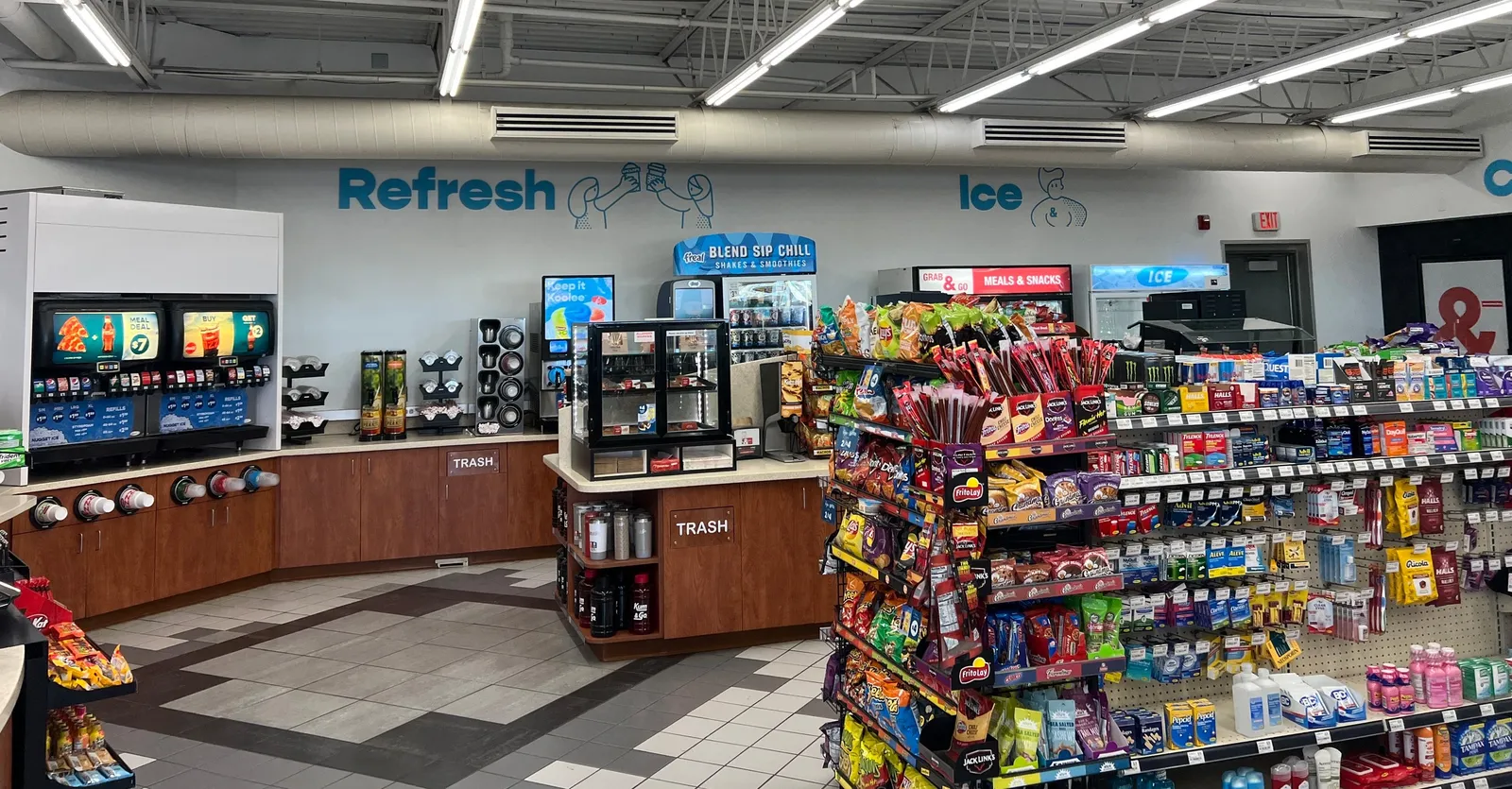
Maverik appears to have given conflicting reasons as to why it pulled the plug on Kum & Go’s made-to-order and mobile ordering programs. When C-Store Dive reported in January 2024 that these programs had been cut, a company spokesperson said that the changes were a result of the two retailers working to integrate their “food experience and digital offerings.”
Two former food-focused employees recalled Housley saying the decision to cut both programs was a financial one. However, another former employee said Maverick’s former CEO Chuck Maggelet told them that the decision to cut the made-to-order program was because Maverik didn’t place as high a priority on reaching healthy consumers and mainly wanted to offer grab-and-go foods that are “craveable.”
“I was actually told verbatim by the CEO who left that we were forcing customers to buy products that they didn’t want to buy,” this third source said, referring to Kum & Go’s made-to-order menu. The source added that the only Kum & Go food products Maverik kept were some of its bakery SKUs.
Maverik also has pulled the plug on some of Kum & Go’s grab-and-go food offerings. For example, a Kum & Go in West Des Moines, Iowa, had its pre-packaged hot breakfast sandwiches removed in the latter part of 2024, said Drea Bohall, the store’s assistant manager.
Bohall added that these sandwiches were a popular category for this store, and customers have often asked why they’ve been removed over the past few months. It’s unclear how many other Kum & Go locations these sandwiches have been removed from.
“[Customers] were definitely not happy about that,” Bohall said.
From an outsider’s perspective, Kum & Go’s health-focused foodservice program was atypical for the convenience industry, Mike Templeton of NexChapter said.
As Maverik looked to optimize the combined company after the acquisition closed, it’s possible that its leaders looked at Kum & Go’s fresh food program and came to the conclusion that it simply wasn’t the right fit for their business, he added.
“I imagine it’s got to be a challenge for them to work through in terms of evaluating what will work in the Maverik portfolio as they scale that brand into new markets,” Templeton said.
Retiring Kum & Go
All three food-focused sources and the marketing team member said phasing out Kum & Go’s foodservice programs was an early signal of Maverik’s broader intentions to retire the Kum & Go banner completely. They said that those intentions were confirmed internally earlier last year, and while the complete loss of Kum & Go’s name is not guaranteed, it may be on the horizon.
It’s no secret that Maverik’s plan to retire Kum & Go has ruffled feathers across the Iowa retailer’s community and fan base. But rebranding a popular c-store chain post-acquisition isn’t anything out of the ordinary, Templeton said, referring to companies like Alimentation Couche-Tard, parent of Circle K, that have rebranded the retailers it has acquired through the years, such as Holiday Stationstores and Hutch’s.
Templeton added that although the industry will surely “see and feel some nostalgia” about Kum & Go, Maverik nonetheless has a great opportunity to scale its business.
“I think it’ll be interesting to see how the market reacts to the Maverik brand in some of these new territories.”

